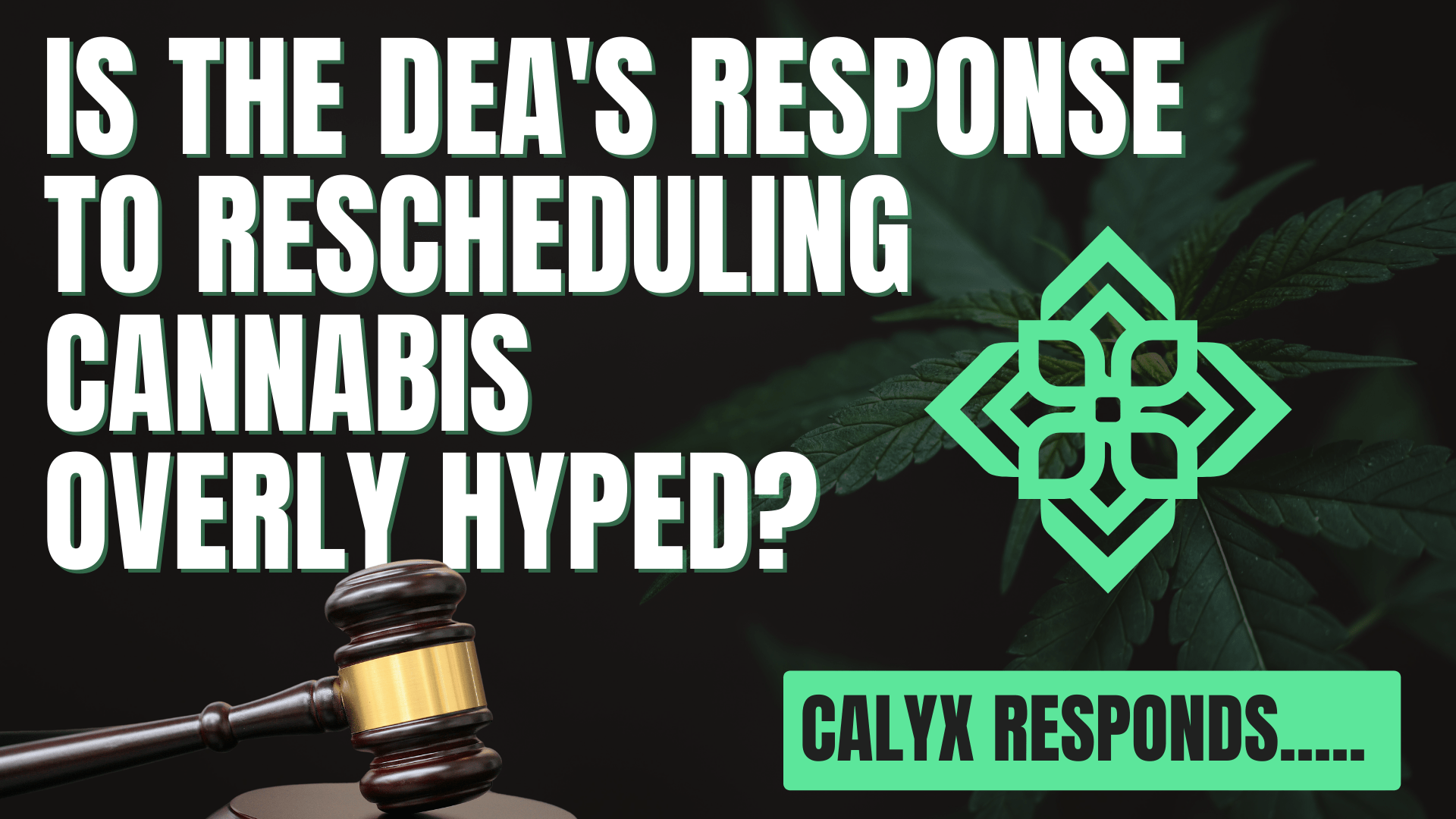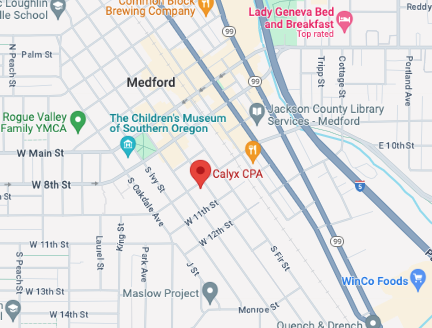
Cannabis Rescheduling and the IRS’s Response to Business Deductions
The recent decision by the Drug Enforcement Administration (DEA) to consider rescheduling marijuana under the Controlled Substances Act (CSA) marks a watershed moment in the history of American drug policy. Initially classified as a Schedule I drug, marijuana was deemed to have no medical value and a high potential for abuse, placing it alongside substances like heroin and LSD. This strict classification has governed its legal status, restricting not only its use but also research into its potential benefits.
The push for rescheduling comes on the heels of a comprehensive review by the U.S. Department of Health and Human Services (HHS), which highlighted marijuana’s accepted medical use and lower abuse potential relative to other Schedule I drugs. The proposal to shift marijuana to Schedule III, which includes drugs like ketamine and some anabolic steroids, suggests a significant change in federal perspective, recognizing both medical value and a lower risk of dependency.
For businesses in the cannabis industry, this reclassification could open up several financial opportunities, particularly regarding taxation. Currently, under IRS code 280E, cannabis businesses are unable to deduct ordinary business expenses because marijuana is classified as a Schedule I substance. The move to Schedule III would alleviate this issue, allowing these businesses to claim deductions that were previously disallowed. This could significantly reduce their tax burden, making operations potentially more profitable and sustainable.
The process of rescheduling marijuana from Schedule I to Schedule III may take longer than the media portrays. Initially, the proposal must pass through the scrutiny of the White House Office of Management and Budget (OMB), a step that ensures all legal and policy implications are thoroughly evaluated. This review can vary in length but is critical in shaping the framework under which marijuana would be regulated going forward.
Following the OMB review, the proposal enters a public comment period, where stakeholders from various sectors—medical, legal, business, and the general public—can provide feedback. This stage is vital for incorporating community and expert opinions and typically lasts several months, further extending the timeline.
Once the public comment period concludes, the DEA reviews the feedback and makes any necessary adjustments to the proposal. This step can also be time-consuming, as it may require additional rounds of revision and approval to address complex issues raised during the public comments.
The final rule is then published in the Federal Register, formalizing the rescheduling of marijuana. This publication is the trigger for the IRS to begin adjusting its policies, including the re-evaluation of tax codes such as 280E, which currently prevents cannabis businesses from deducting typical business expenses.
The IRS will likely respond by issuing new guidelines and possibly updating forms and instructions to accommodate the changes in marijuana’s scheduling. However, these adjustments won’t be instantaneous and will require time to implement. The IRS must ensure that their systems, procedures, and publications reflect these changes accurately, a process that could extend over several months post-rescheduling.
Throughout this period, businesses must stay informed and prepared for changes in compliance requirements, both from a scheduling and taxation perspective. It’s important to note that while the IRS adjustments will provide future relief, they will not apply retroactively to previous tax years before the reclassification is officially in effect.
It is vital that you act now. As cannabis businesses anticipate the shift from Schedule I to Schedule III, it goes without saying that good advice is essential to effectively navigate the new regulatory landscape, while poor advice can result in permanent harm to your business.
Recognizing that the IRS will not allow retroactive application of tax deductions, minimally businesses should consider filing protective claims for refund to preserve the right to amend past returns based on the outcome of future legal changes. Additionally, firms like Calyx CPA are confident that the CSA’s application to states with cannabis programs will eventually be overturned. Following the example of companies like Trulieve, which received $113 million in refunds from amending their tax returns, they encourage cannabis businesses to maintain meticulous records and consider filing amended returns where feasible. They advocate for a proactive approach in managing audits and potential disputes with the IRS, emphasizing the necessity of sound legal arguments and rigorous compliance with emerging regulations.




